Not all children are happy in class. I’m sure all parents have experienced the scenario when their children have come home from school saying they’d had a terrible day and they don’t want to go back. As parents, we encourage, support and entice them back to school and the next day the drama is all forgotten.
Imagine if your child felt like that every day. I have worked with many students over the years who have felt exactly that way at the beginning. They have struggled every day in school and are exhausted each night, just from trying to keep up.
Many of these children are struggling due to their difficulties with reading. Some may have dyslexia, others struggle for other reasons. For these children, school can be a frustrating and difficult place to be.
There are many studies out there that provide evidence that one-on-one teaching strategies work best for students struggling with reading, including those who have dyslexia. In one-on-one intervention a child is individually assessed and a programme is tailored to meet the child’s individual learning needs. In our lessons, we celebrate the student’s strengths and encourage their learning so that they can build confidence and feel success. We select the appropriate resources for each child’s needs and provide plenty of opportunity for consolidation and reinforcement of the concepts your child is learning.
One of the benefits of our one-on-one tutoring program is that we are able to build strong and trusting relationships with our students and this has proven to be a very positive benefit for our students, and for us! We love what we do!
Sometimes in a classroom setting, students can feel overwhelmed, intimidated and out of their depth. One-on-one intervention provides an opportunity for children with literacy difficulties to catch up to their peers (Brooks, 2007). Brooks goes on to say that even though good classroom teaching is the cornerstone of effective teaching, research suggests that children struggling with reading need more help than the classroom normally can provide.
Our aim is to see more children smiling and happy when heading off to school, knowing they can participate and no longer feel out of their depth.
-
Sue
Brooks, G. (2007). What works for pupils with literacy difficulties..

